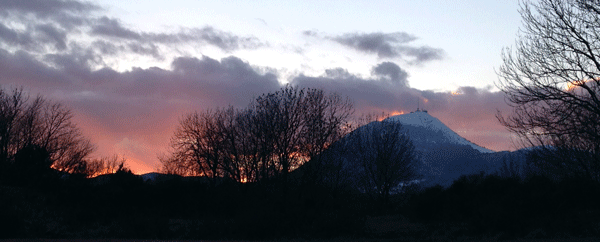S.12 – Gaming as a mediation tool
Chair – Sylvie Lardon, Yves Michelin et Hélène Blasquiet, INRA and VetAgroSup
Abstract: Gaming is more and more used as a mediation tool, in order to help local communities or stakeholders to express their own point of view of a local place, its landscapes, and its products or to think about and to elaborate new policies, or for managing common resources.
Many experiences still exist using different types of games (play role, board game, participatory drawing…) combined or not with simulators, based on traditional components (board, cards, dice) or digital ones.
Geography has been interested in gaming for a long time. The initial aim was educational, but this discipline can also help game designers better incorporate spatial and time dimensions into their games. Moreover, it can be useful for cross scaling and for combining natural and social aspects.
This session has 3 main goals:
- To take stock of the interests and limits of gaming for better taking into account landscape quality, health or local food product in local projects or policies
- To exchange on methods and techniques for conceiving and designing games
- To actually discover and experiment with different games
We have planned to combine theoretical and case study presentations, interactive demonstrations of games, and a gaming session where everyone will have the opportunity to experiment different games during a speed playing session. Two types of presentations are expected:
- A short presentation of a game, (aims, targeted audience, material, short description of the rules, main results, interests and limits)
- A presentation with a demo (1 hour) during a dedicated time where participants will practice as gamers and will evaluate at least 2 games. A common grid will be proposed in order to produce a comparative analysis at the end of the session.
After the conference, if we have enough material, we hope to publish a book (in English) or to propose a special issue in an international journal.

Program
Tuesday, Clermont-Ferrand, 14:00-16:00 – S12 (1)
Chair – Sylvie Lardon, Yves Michelin et Hélène Blasquiet, INRA and VetAgroSup
- Introductive conference (14:00-15:00) – Aurélien Fouillet
- Lansdcape and Didactic: Debatting a diversity of mediation tools (15:00-15:30) – Sylvie Paradis, Anne Sgard
- Gaming as an intercultural mediator for heritage preservation (15:30-16:00) – Paola Branduini
- Playing a Board Game as a Way of Appreciating Local Landscape Values (16:00-16:30) – Rung-Jiun Chou
Tuesday, Clermont-Ferrand, 16:30-18:30 _ S12 (2)
Chair – Sylvie Lardon, Yves Michelin et Hélène Blasquiet, INRA and VetAgroSup
- LittoSIM: an interactive territorial simulation to test alternative marine submersion risk prevention strategies (16h30-17h00) – Marion Amalric, Nicolas Bécu
- Energy transition and territorial trajectories: The game as a territorial capability approach (17h00-17h30) – Jérémy Ferrante, Catherine Cibien, William's Dare, Juliette Cerceau
- « Terre en jeu »: a role-play to understand the social pressure in farmland access (17h30-18h00) – Camille Clément
- How to build a game that allows you to understand the interactions between livestock and territory? Example of Syeleterr (18h00-18h30) – Cécile Achour, Sylvie Cournut, Yves Michelin
Thursday, Mende, 10:30-12:30 – S12 (3)
- Speech: “Faites vos jeu : approche critique des « sérieux » (10h30-11h00) – Nils Ferrand, Mélaine Aucante, Bruno Bonté, Emeline Hassenforder, Géraldine Abrami, Wanda Aquae-Gaudi
- Demonstration: at least 2 games played in parallel (11h00-12h30)
- Syeleterr: breeding system and territory (Cécile Achour and Sylvie Cournut)
- LittoSIM (Marion Amalric, Nicolas Bécu and Elise Beck)
- Other propositions: Jeu du genêt belliqueux
Thursday, Mende, 14:00-16:00 – S12 (4)
- Speech: “Observation guide and its importance for debriefing” (14:00-14:30) – William’s Daré, Emeline Hassenforder, Anne Dray
- Synthesis (14:30-15:30) – Comparative analyses of the games (based on the morning interventions) – Feedback from the participants
- Discussion about the valorization (15:30-16:00)



